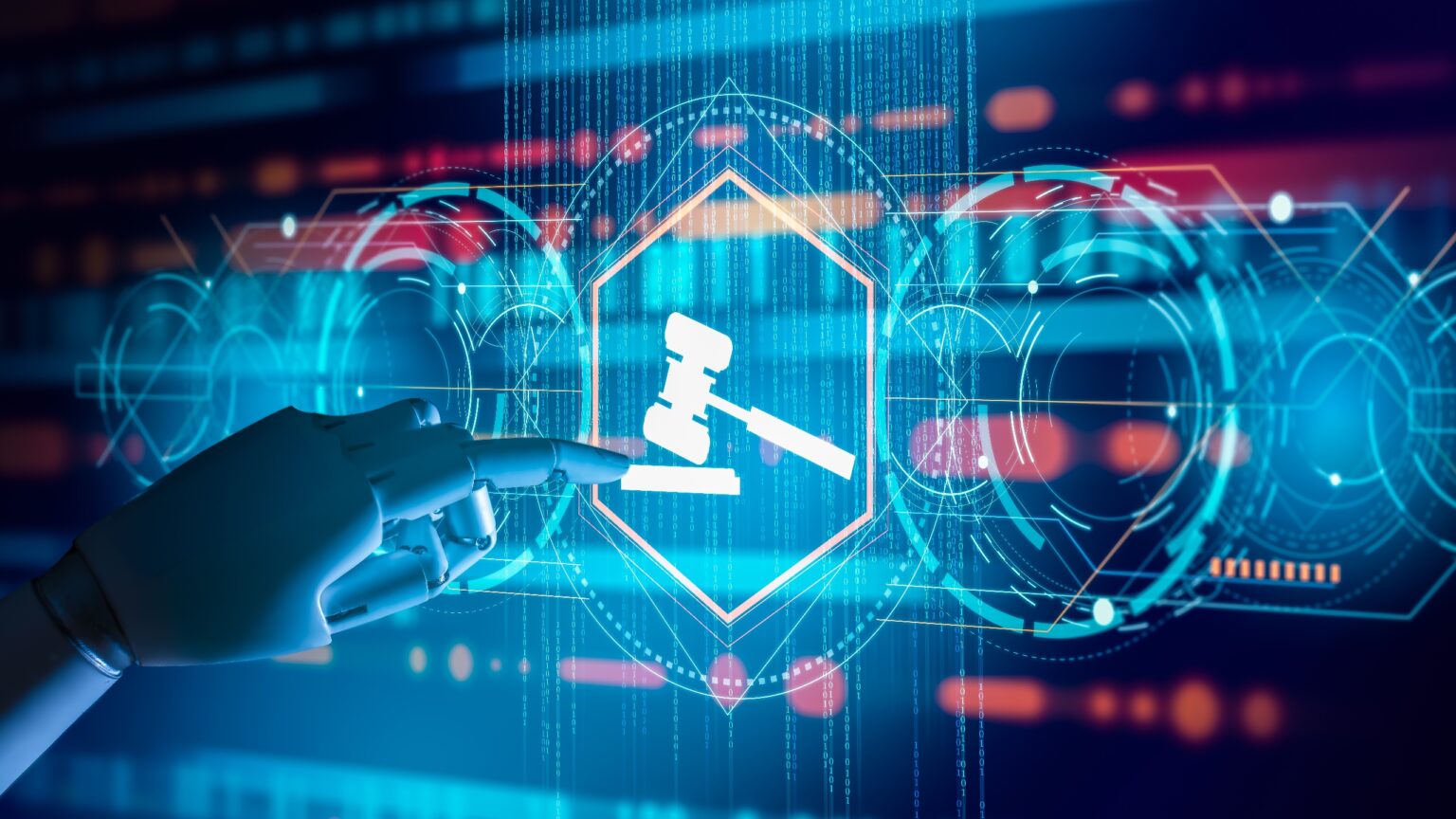US senators propose AI regulation commission amid growing concerns over the possible dangers of fast-moving AI developments. This comes a few days after OpenAI CEO Sam Altman appeared before Congress where he spoke about the dangers and opportunities of AI as well as admitting there was “urgent” need for regulation.
The AI industry has been booming of recent following the release of OpenAI’s ChatGPT in November, which went viral across the globe leading to an explosion of AI tools on the market.
Also read: ‘PUNK’ Metaverse ETF Closes After Betting Against Meta
Now, US Senators Michael Bennet (D-CO) and Peter Welch (D-VT) have proposed a legislation to create a federal agency to oversee social media platforms and the development as well as use of AI tools.
The senators argued a Federal Digital Platform Commission is needed to oversee digital markets, just like there are specialized agencies that regulate other industries including food, drugs, telecommunications and aviation.
“There’s no reason that the biggest tech companies on earth should face less regulation than Colorado’s small business- especially as we see technology corrode our democracy and harm our kids’ mental health with virtually no oversight,” said Bennet in a statement.
AI too fast for Congress
The senators think regulation will be a way to keep up and contain AI’s head-spinning advancements.
They added a new agency is needed as other federal organizations, such as the Department of Justice and Federal Trade Commission (FTC) don’t have the expertise and resources to regulate technology services.
On Tuesday Senator Richard Blumenthal also told reporters after the Altman hearing that the FTC was incapacitated to fully regulate the AI sector adding even “Congress cannot be gatekeeper.” The general sentiment however has been on regulation.
“Technology is moving quicker than Congress could ever hope to keep up with. We need an expert federal agency that can stand up for the American people and ensure AI tools and digital platforms operate in the public interest,” said Senator Bennet.
Both law enforcement agencies can only tackle challenges on a case by case basis, so instead of being reactive, the proposed Federal Digital Platform Commission will have powers allowing it to proactively develop and enforce new policies.
Sneaky tech firms
“Big Tech has enormous influence on every aspect of our society, from the way we work and the media we consume to our mental health and wellbeing,” said Senator Welch.
“For far too long, these companies have largely escaped regulatory scrutiny, but that can’t continue. It’s time to establish an independent agency to provide comprehensive oversight of social media companies.”
Elsewhere, the UK Prime Minister Rishi Sunak has also insisted on “guardrails” for AI to allow societies to enjoy its benefits while minimizing risks.
The premier has advocated the technology’s benefits for national security and the economy, but growing concerns have been raised with the prominence of ChatGPT, which was released in November to immediate success.
Now there are fears AI could pose harm to humanity more than the anticipated benefits such as job losses.
The Prime Minister said the UK’s regulation must evolve alongside the rapid advance of AI, with threats including to job losses and disinformation.
His sentiments also came as BT Group indicated it will cut over 40% of its global workforce or up to 55 000 jobs by 2030 amid plans to shift to AI and automated services.
A global agenda
Speaking to journalists travelling with him in Japan, PM Sunak said he expected his discussions with world leaders on AI to carry on at the G7 summit in Hiroshima.
“If it’s used safely, if it’s used securely, obviously there are benefits from artificial intelligence growing our economy, for transforming our society, improving public service,” he said.
“But as I say, that has to be done safely and securely, and with guardrails in place, and that has been our regulatory approach,” he added.
The Prime Minister’s official spokesman also said AI is a “problem that can’t be solved by any one country unilaterally.”
“The starting point for us is safety and reassuring the public they can have the confidence in how AI is being used on their behalf.”
The debate on AI opportunities and its dangers to societies has been ongoing for some time as global leaders seek ways to manage the sector and mitigate safety risks. There has been growing fears AI could turn harmful to humanity.
Earlier this month, Geoffrey Hinton, who is widely seen as the godfather of AI quit his job at Google warning of some dangers with AI chatbots, being “quite scary.”









 and then
and then